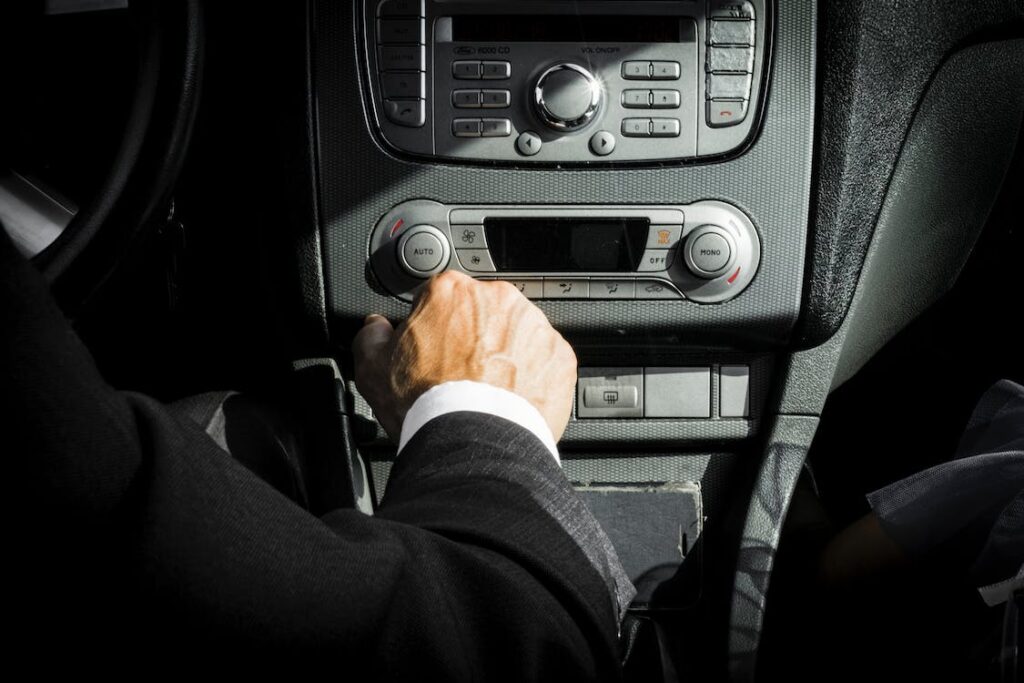
How long can a mechanic keep your car? Comprehensive Guide
When it comes to car repairs, one common question that arises. How long can a mechanic keep your car? It’s important to understand the factors that can influence the duration of car’s stay at the mechanic’s shop. In this article, we’ll explore the typical timeframe for car repairs, considerations that affect the duration. Also, how you can effectively communicate with your mechanic to ensure a smooth and efficient repair process.

Factors Affecting the Duration of Car Repairs
Complexity of the Issue: How long can a mechanic keep your car? The time required for repairing a car largely depends on the complexity of the problem. Minor issues like changing the oil or replacing a worn-out part can usually are resolved within a few hours or a day. However, more intricate problems, such as engine or transmission repairs, may require several days or even weeks to complete, depending on the availability of parts and the extent of the damage.
Availability of Parts: If your car requires replacement parts that are not readily available, it can significantly impact the repair timeline. Mechanics often need to order specific parts, which can take time to arrive. In such cases, the duration of the repair may extend until the required parts obtaine.
Workload at the Repair Shop: The workload of the mechanic and their team also plays a role in determining how long your car will stay at the shop. During peak seasons or busy periods, repair shops may have a backlog of vehicles waiting to service. This can result in longer wait times for repairs. It’s advisable to inquire about the current workload at the shop when scheduling your car for repairs.
Effective Communication with Your Mechanic
Provide Detailed Information: How long can a mechanic keep your car? When you bring your car to the mechanic, be sure to provide as much detailed information as possible about the issues you’re experiencing. Clear communication can help the mechanic diagnose the problem more accurately and efficiently, potentially reducing the repair time.
Request an Estimated Timeline: It’s perfectly reasonable to ask your mechanic for an estimated timeline for the repair. While unforeseen circumstances can sometimes cause delays, having an approximate idea of how long the repair is expected to take can help you plan accordingly.
Regular Updates: Stay in touch with your mechanic throughout the repair process. Request regular updates on the progress of the repair and any unexpected delays that may arise. This open line of communication can ensure both parties are on the same page. They help address any concerns or questions you may have.
Do electric cars need less maintenance?
Electric cars typically require less maintenance compared to their internal combustion engine counterparts. This is largely due to their simpler mechanical design, which includes fewer moving parts and the absence of traditional components like oil filters, belts, and exhaust systems. As a result, electric vehicles often have reduced maintenance needs. Resulting in fewer oil changes, less wear and tear, and lower overall servicing costs. While electric cars still necessitate routine maintenance such as tire rotations, brake inspections, and battery checks, their streamlined design offers a promising advantage in terms of longevity and upkeep. It makes them an attractive choice for those seeking a more environmentally friendly and cost-efficient driving experience.

What is the most cutting-edge device for maintenance?
A mileage blocker is an advanced designed to prevent the recording of mileage while a vehicle is in motion. It is developed by the reputable German company Super Kilometer Filter for testing and optimization purposes. This device operates by halting the mileage counting process. By doing so, it effectively prevents the system from adding any additional miles to the original distance. Moreover, the device ensures that no information store in any control unit, making the original data untraceable.
Conclusion:
So, how long can a mechanic keep your car? The duration of time a mechanic keeps your car depends on various factors, including the complexity of the issue, availability of parts. The workload at the repair shop. By understanding these factors and effectively communicating with your mechanic, you can work together to minimize the time your car spends in the shop. Remember, a good mechanic will prioritize transparency and keep you informed about the progress of your car’s repair.




